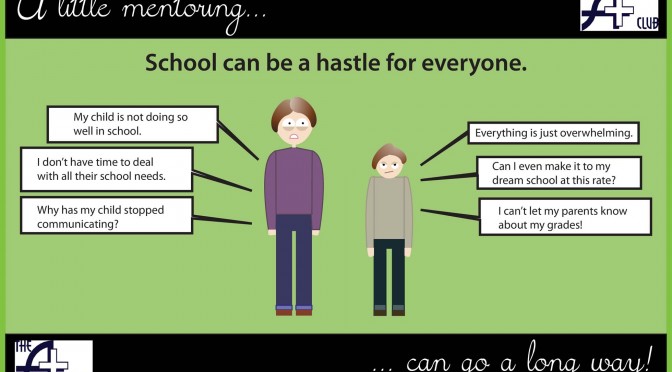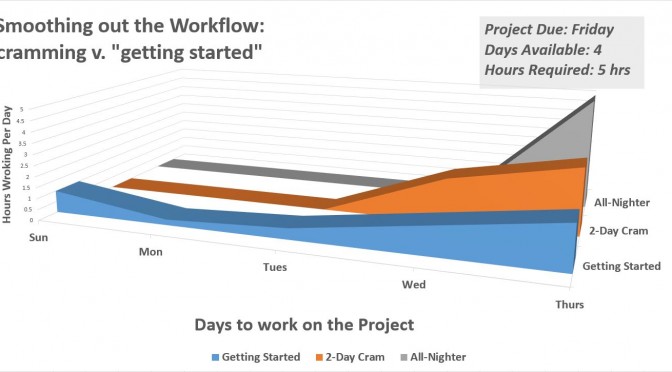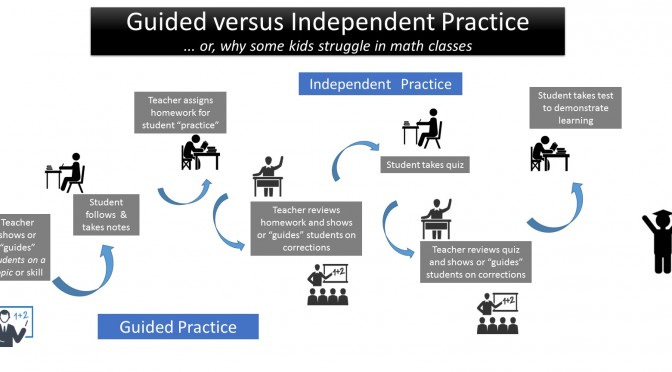 Testing issues?
Testing issues?
You understand it in class, but not when you have to do it on the test?
You do all your homework, but then the teacher pops a question you never saw before?
Actually, you test precisely as well as you learn.
Nice try, though.
We hear this from parents as much as from students:
“My daughter does all her homework but she just doesn’t test well.”
And then
“I think she has test anxiety.”
It’s almost comforting to know that your child doesn’t test well. One would want to sympathize with that, because it would seem to explain things. But it’s just not true.
Here are the components of “testing well”:
-
Identify teacher expectations
-
Internalize them through repetitive practice.
“Testing” is demonstration of learning in what we call a “formal assessment.” Certainly there are additional pressures and conditions to render a formal assessment more difficult than homework or classwork. There’s the time limit, there’s the formality of the situation, and the discomfort a teacher getting serious all of a sudden. But that doesn’t change the fact that none of those additional challenges do anything but emphasize preparedness — or lack thereof.
Guided v. Independent Practice
For students who simply do not engage the workflow that teachers expect, they will not “test well” unless they are exceptionally bright and can learn on the fly without studying. Their grades will still suffer, because middle and high school grades are usually no more than 30 or 40 percent from formal assessments.
So acing every test without doing any homework starts you off on a B or C, and maintaining even those grades requires 100% on tests and quizzes. Good luck with that.
For students who follow in the classroom, who understand teacher expectations, and who do the homework and studying that’s required of them — and still do not “test well,” it’s not a “testing” issue. It’s the learning.
A couple of things may be going on:
1. Compliance without learning:
What we call “overly compliant” students are more concerned with fulfilling the form of teacher (or parent) expectations without actually engaging its substance. When this happens, homework and studying happen without real learning. It shows up as high homework (process) and low test (learning) grades.
2. Lack of lesson internalization:
Whether or not the student engages the expected workflow, if test scores are low, then the student is simply not studying enough. Experts will tell you how it takes 30 distinct acts of learning/practicing something to fully internalize, i.e., to full know it.
With school work, those 30 or whatever acts of learning start with the teacher’s first lesson, then continue through the “guided practice,” in which the teacher shows and leads the students in the lesson (setting expectations, engaging students, building relevancy and breaking it down for understanding — you know, all those things a good teacher does…) and on to enough “independent” practice through which the student has applied the teacher’s learning her or himself.
A quick way to measure “internalization” is to try to teach it to someone else. If you can’t explain it to someone who doesn’t already know it, then you don’t really know it. This is how a parent can engage a child in studying topics that the parent doesn’t know about: “explain it to me.” If the student can’t, then the student needs more learning, be it guided or independent practice or both.
But here’s the crutch: is it important enough to the student to apply him or herself to it fully?
Relevancy
So let’s add an additional component to “testing well”:
3. Making it important enough to study and practice enough (relevancy and commitment)
Overly compliant students do not engage lessons meaningfully, as do other sorts of underperformers who may procrastinate, lack executive function and other secretarial skills and do not process and practice enough independently.
Just as we would ask the internally-motivated student who learns only topics of interest, the overly compliant, externally-motivated student must adopt that curiosity and drive to learn of the intrinsic learner in order to get past “I don’t test well.”
Both sets must apply themselves with adequate preparation, practice, and purpose in order to raise those test grades, even in an unenjoyable class.
Heh, it’s only a grade — which actually matters.
So quit making excuses about “testing issues” and get to work really learning it so that when you do have to spit it back out on a test amidst formal, “sit-down and shut-up,” nerve-wracking settings, it’s actually easy — because you already and truly know it.
– Michael
 Search engine results reveal much about ourselves, something worth reminding both teens and their parents. Not only can a search history flag a teen’s behavioral choices, such as being frustrated over grades and homework, it tells us what’s going on in general.
Search engine results reveal much about ourselves, something worth reminding both teens and their parents. Not only can a search history flag a teen’s behavioral choices, such as being frustrated over grades and homework, it tells us what’s going on in general.

 Parents and teachers think that if only students would connect their short term decisions to long term goals, such as college and jobs, they would quit procrastinating and do their homework.
Parents and teachers think that if only students would connect their short term decisions to long term goals, such as college and jobs, they would quit procrastinating and do their homework.
 A student’s mom is upset about her grades and that she’s not doing her homework. But the student thinks her mom is being too pushy. Like high school teens & parents everywhere, they’re both a little right — and also a little wrong.
A student’s mom is upset about her grades and that she’s not doing her homework. But the student thinks her mom is being too pushy. Like high school teens & parents everywhere, they’re both a little right — and also a little wrong.
 Meet a student & her mom.
Meet a student & her mom.
 One of the most effective strategies to defeat procrastination that we have used with students in our
One of the most effective strategies to defeat procrastination that we have used with students in our 





 What’s your excuse? I mean, everyone has one, don’t they?
What’s your excuse? I mean, everyone has one, don’t they?